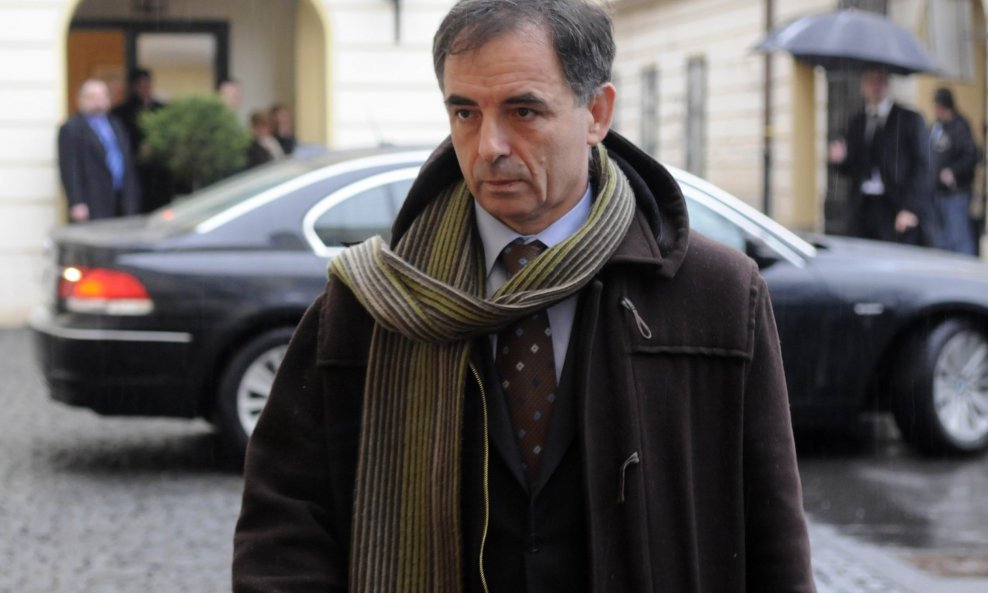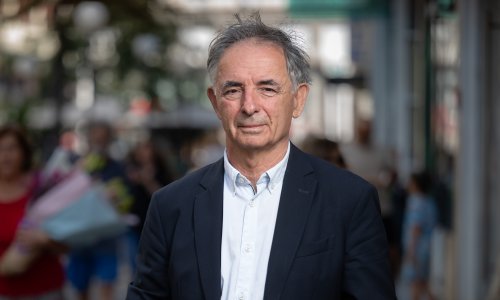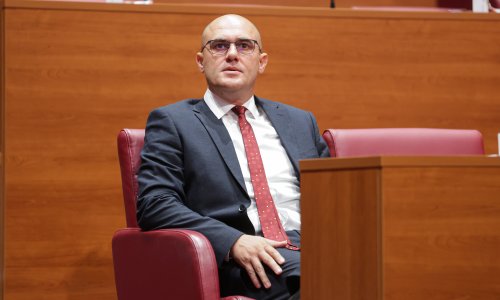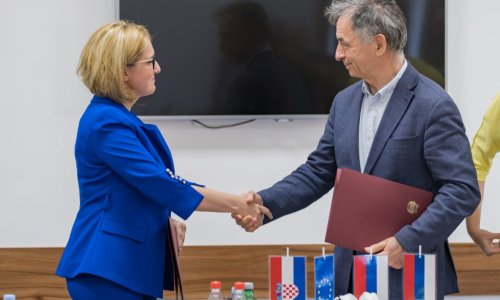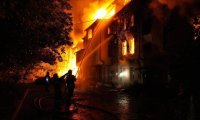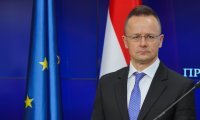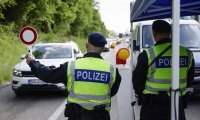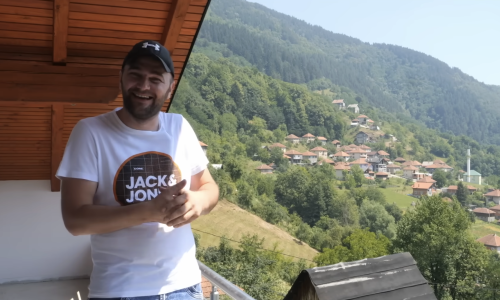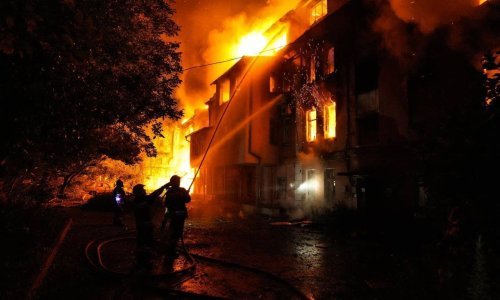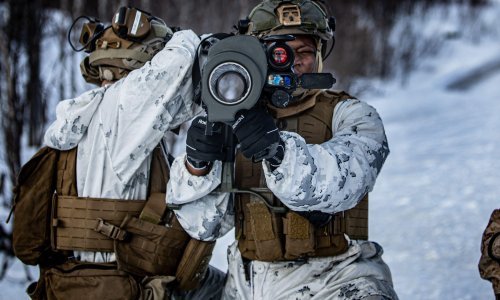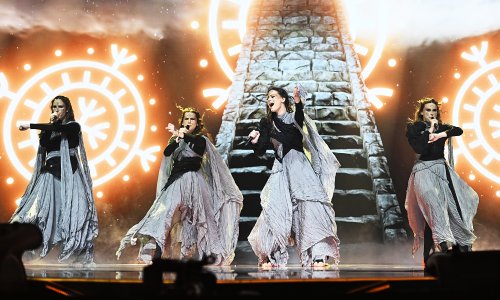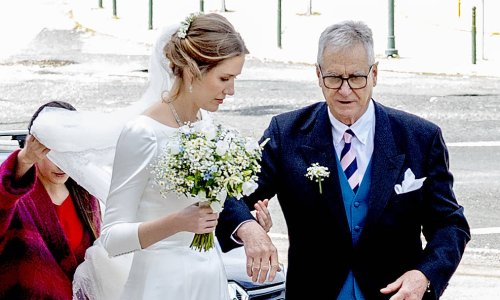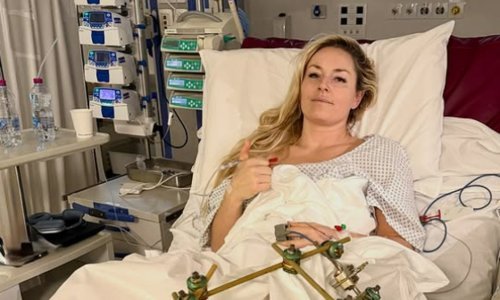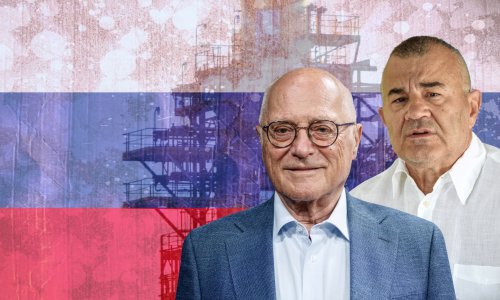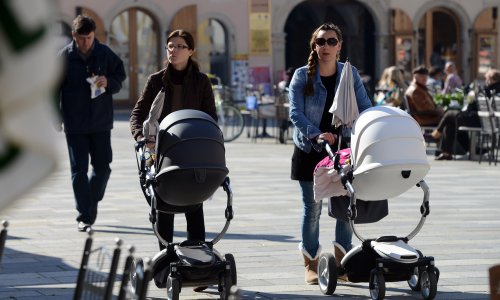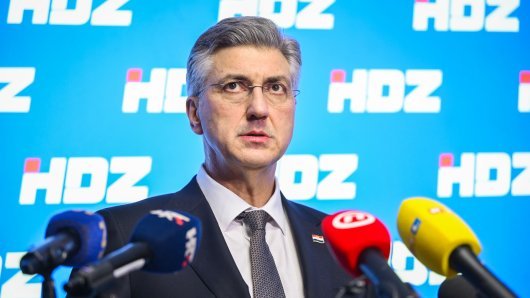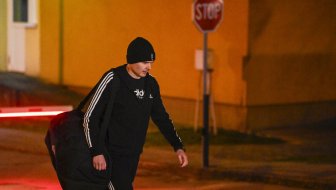Commenting on the atmosphere in the public after the Hague tribunal announced its verdict in the case of Croatian generals Ante Gotovina, Mladen Markac and Ivan Cermak, Serb National Council (SNV) president Milorad Pupovac said on Croatian Television on Sunday that "the media coverage of the Hague trial did not make any room for people to actually learn what the trial was about."
Speaking in the political programme "Nedjeljom u dva", Pupovac said that most media reports on the generals' trial were either reports by the generals' defence teams or reports by journalists acting as the defence teams' service.
The public was denied basic information on what the trial was about - if it was about a crime that happened - and most people today are willing to admit it did happen - what kind of crime it was, how it was committed, and who were the victims, said Pupovac.
Just as it is normal to know the facts about the suffering of the Croat people, it is normal to know the facts about the suffering of people of Serb descent, Pupovac said, adding that this did not happen and that "it was an illusion to expect that it would happen after the announcement of the verdict."
Asked what he thought about the fact that a large number of Croatians consider the charges against the system or individuals in the state leadership as charges against themselves, Pupovac said that "Croatian citizens who were mobilised or volunteered to join the Croatian army should not view the verdict as a verdict against themselves, especially not against their own country and nation."
"This is about prosecuting individuals and groups who are considered responsible for what happened before, during and in the aftermath of Operation Storm," he said.
Asked about how he saw Operation Storm, Pupovac said it was an operation that was made possible by international resolutions which in late 1994 enabled Croatia to launch preparations to establish control over its borders. From that aspect, Croatia had a legitimate reason to carry out the operation, Pupovac said, adding that the government had reason to say that it was necessary to establish normal communication throughout the country's territory, make it possible for refugees to return to their homes, and put an end to the neither-war-nor-peace situation.
"Those are really legitimate things which would give no grounds either to the international community or the tribunal to raise the issue of anyone's responsibility."
Pupovac noted, however, that the operation was accompanied by the expulsion of the local population committed through inhumane treatment, murder, arson and destruction of property and infrastructure, after which laws were enforced that prevented people to return to their homes.
Asked about the responsibility of Croatia's first president, the late Franjo Tudjman, for the instigation and failure to prosecute crimes after Operation Storm, Pupovac said that Tudjman was rather open about his political plans and that he made no special effort to hide them. "He stated several times, on different occasions, that Serbs would never again make up more than 3-4 percent of the total population in Croatia."
Commenting on the role of the Church in making people face what happened in Croatia, Pupovac said, "It is obvious that some groups in the Church frequently side with those who deny that crimes happened."
He added that he was surprised by one of the bishops calling on representatives of the Serb Orthodox Church to speak against the Hague tribunal, instead of calling for solidarity in facing the truth about human suffering and making room for mutual sympathy among Serb Orthodox and Croat Catholic believers.
Pupovac also noted that one should not forget the fact that just as most people in Croatia do not know what happened to the Serbs, so the majority of people in Serbia do not know what happened to the Croats.



